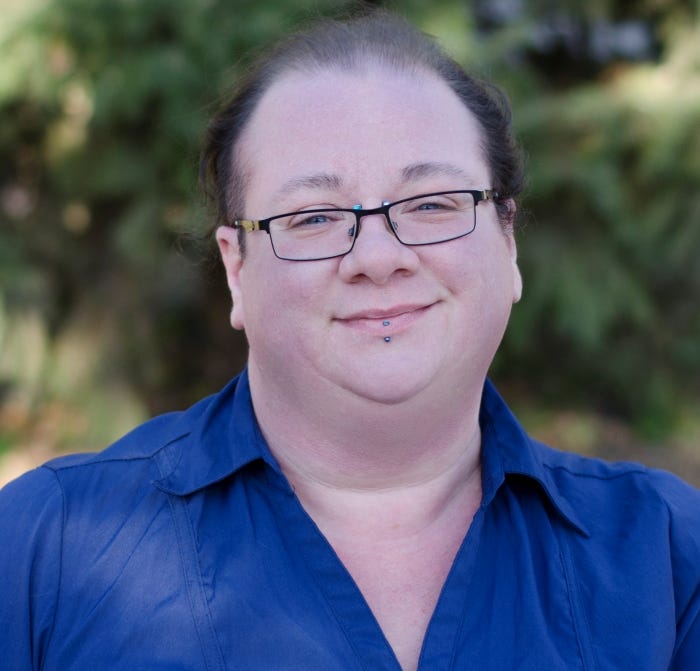Manitoba homelessness strategy falls short meeting queer community’s needs, advocates, experts say
Canadian queer people are twice as likely to experience some type of homelessness, compared to other groups: Statistics Canada

Manitoba’s new homelessness strategy lacks the queer representation and queer-specific resources needed to help people in the community, advocates and experts say.
Released on Jan. 14, the strategy only mentions the queer community twice: once saying statistics “significantly underestimated” how many queer people experience homelessness, and the second time mentioning previous investments in 2023 for services specific to women and queer individuals, including transitional housing and shelter options.
“I don’t want to say it’s a bad plan, but in terms of addressing queer people specifically, it didn’t seem to have any sort of concrete action,” Ash Burkowski, a Winnipeg advocate for the homeless community, said.
Burkowski, 41, has been homeless multiple times. At 12-years-old, their mother kicked them out of the house after a disagreement but would return home soon after.
Burkowski was kicked out again two years later at 14 when their mother found out they were queer.
“I don’t want to say it’s a bad plan, but in terms of addressing queer people specifically, it didn’t seem to have any sort of concrete action.”
“You think that you have parents in a home that are going to take care of you, and then all of a sudden you realize that’s actually not the case,” Burkowski, who uses they/them pronouns, said. “That made me realize nowhere was secure and nowhere safe.”
Burkowski lived on the street for a month and spent time in a foster home, all while their mother would invite them home and then once again threaten to kick Burkowski out.
At 17, Burkowski left home for good and moved in with their partner at the time.
It can be very challenging to feel safe in a shelter that doesn’t account for queer people, Burkowski said.
Queer and trans people are at high risk when staying in standard women’s or men’s shelters because, Burkowski said, there isn’t enough protection from homophobic or transphobic incidents
Hidden homelessness is growing, as many queer people avoid going to the shelters, even if they’re homeless, they said.
Burkowski often sees posts on Facebook from people looking for a couch to sleep on or a spare room because someone is without a place to stay.
Queer people in Canada are twice as likely to experience some type of homelessness or housing instability in their lifetime, compared to other groups, a Statistics Canada 2022 study said.
Systemic change needed, expert
Alex Abramovich, a scientist at The Centre for Addiction and Mental Health and associate professor at the University of Toronto, was surprised by how little queer people were mentioned in the provincial strategy.
Abramovich said the queer community is often left out of strategies or tacked on, with only a few sentences saying the group is over-represented.
“If you know that you have populations who are overrepresented, then you need to think about why that is, and what are the specific tailored responses for those populations,” Abramovich said on Monday. “This strategy unfortunately failed to do so.”

One of the leading causes for queer homelessness, particularly in young people, is identity-based family conflict, he said. This can happen when a person comes out as queer and is kicked out or forced to leave home because they don’t feel safe, Abramovich added.
Services built for the queer community, like dedicated shelters and housing, are crucial in helping people out of homelessness and making them feel safe, said Abramovich.
Systemic change is also needed to rebuild trust in government services and reduce hidden homelessness, he said.
There needs to be a standardized policy that includes things like all gender washrooms, gender inclusion training, and acknowledging chosen names and pronouns, Abramovich said.
The province is working together with frontline organizations who serve the queer community and will be making an announcement soon about specific housing and programming, Housing, Addictions and Homelessness Minister Bernadette Smith said on Friday.
Smith didn’t provide details about what will be announced, which organizations are involved or when it will happen.



